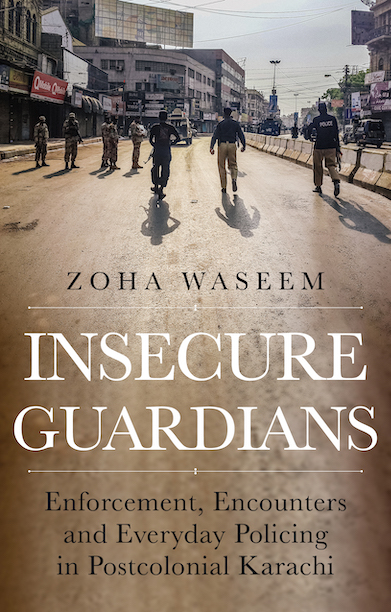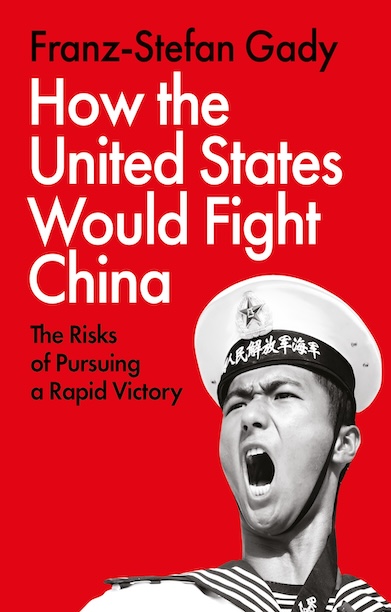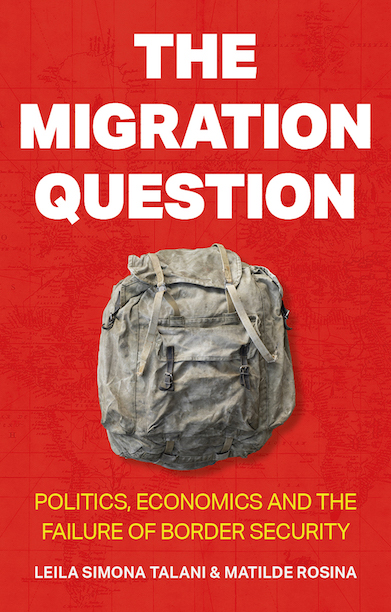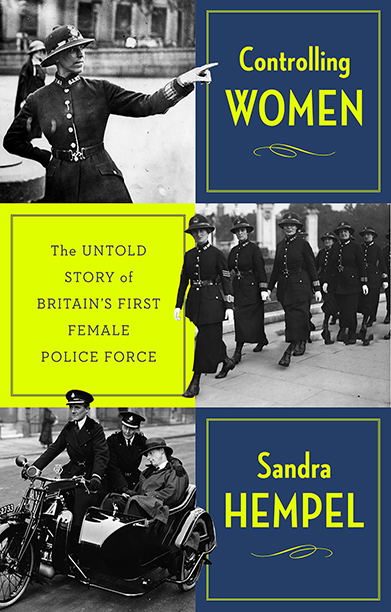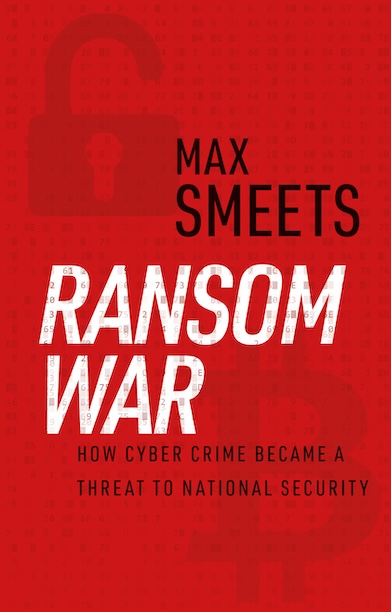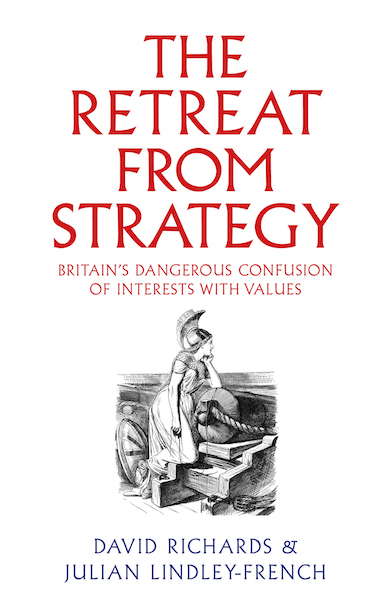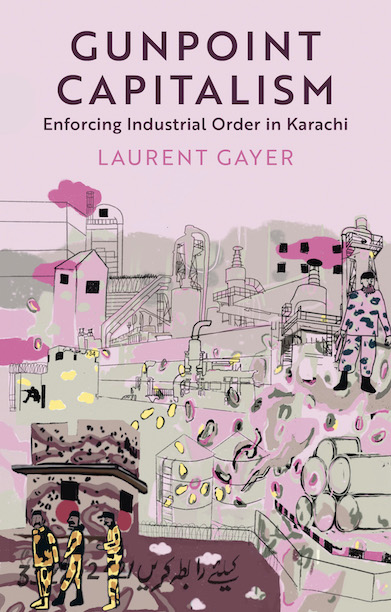Insecure Guardians
Enforcement, Encounters and Everyday Policing in Postcolonial Karachi
Part of the Comparative Politics and International Studies Series Christophe Jaffrelot (ed.) seriesAn in-depth study of the policing practices of an insecure state, foregrounding the experiences of officers on the frontline of Pakistan’s armed conflicts.
Description
The police force is one of the most distrusted institutions in Pakistan, notorious for its corruption and brutality. In both colonial and postcolonial contexts, directives to confront security threats have empowered law enforcement agents, while the lack of adequate reform has upheld institutional weaknesses.
This exploration of policing in Karachi, Pakistan’s largest city and financial capital, reveals many colonial continuities. Both civilian and military regimes continue to ensure the suppression of the policed via this institution, itself established to militarily subjugate and exploit in the interests of the ruling class. However, contemporary policing practice is not a simple product of its colonial heritage: it has also evolved to confront new challenges and political realities.
Based on extensive fieldwork and around 200 interviews, this ethnographic study reveals a distinctly ‘postcolonial condition of policing’. Mutually reinforcing phenomena of militarisation and informality have been exacerbated by an insecure state that routinely conflates combatting crime, maintaining public order and ensuring national security. This is evident not only in spectacular displays of violence and malpractice, but also in police officers’ routine work. Caught in the middle of the country’s armed conflicts, their encounters with both state and society are a story of insecurity and uncertainty.
Reviews
‘Innovative, rigorous sociology-based research that delves into the social, political, and historical contexts that inform one of the key law enforcement organizations in Pakistan, the Sindh police.’ — Pacific Affairs
‘Waseem’s pioneering ethnography reveals crucial insights into the lived realities of everyday police work… Insecure Guardians is essential reading not only as a core text in policing studies, but also for anyone interested in broader debates at the intersection of various disciplines including law, criminology, sociology, politics, and security studies.’ — Theoretical Criminology
‘An incisive analysis … a must read for anyone interested in policing in the Global South or in Pakistan more broadly.’ — The Journal of Development Studies
‘Insecure Guardians is an original and timely contribution to policy and critical security studies. Waseem writes cogently and compellingly, building on deep ethnographic analyses of policing in the Global South. A very exciting work.’ — Beatrice Jauregui, Associate Professor, Centre for Criminology and Sociolegal Studies, University of Toronto, and co-editor of The SAGE Handbook of Global Policing
‘A major contribution to the fast-expanding literature on the pluralisation of policing. Brimming with ethnographic insights and theoretical sophistication, Insecure Guardians takes the sociology of policing to new heights. A remarkable work.’ — Laurent Gayer, Senior Researcher, Sciences Po, and author of Karachi: Ordered Disorder and the Struggle for the City
‘Waseem’s supreme book is a much-needed study of police violence and police culture in postcolonial Pakistan, contributing to the growing ethnographic literature on policing from outside of the OECD world, and laying the groundwork for the decolonisation of policing studies and criminology.’ — Lars Ostermeier, Managing Director of the Berlin Graduate School of Muslim Cultures and Societies, Freie Universtität Berlin, and co-editor of Police and Society: Transdisciplinary Perspectives on the Methods, Theory and Empiricism of Reflective Police Research
‘A rare and fascinating study of violence and insecurity in postcolonial police work. Building on careful ethnographic work among police in Karachi, Waseem does a marvellous job of making the postcolonial condition in “most of the world” intelligible. Highly recommended.’ — Jana Hönke, Chair for Sociology of Africa, University of Bayreuth, and co-editor of The Global Making of Policing: Postcolonial Perspectives
‘This book lives up to its well-chosen title, exploring the unexpectedly insecure conditions of the real people who comprise the “security sector” in Pakistan. A thoughtful exploration of postcolonial policing as a recognisable phenomenon connecting myriad places across Asia, Africa and elsewhere.’ — Oliver Owen, Research Affiliate, University of Oxford, and co-editor of Police in Africa: The Street Level View
Author(s)
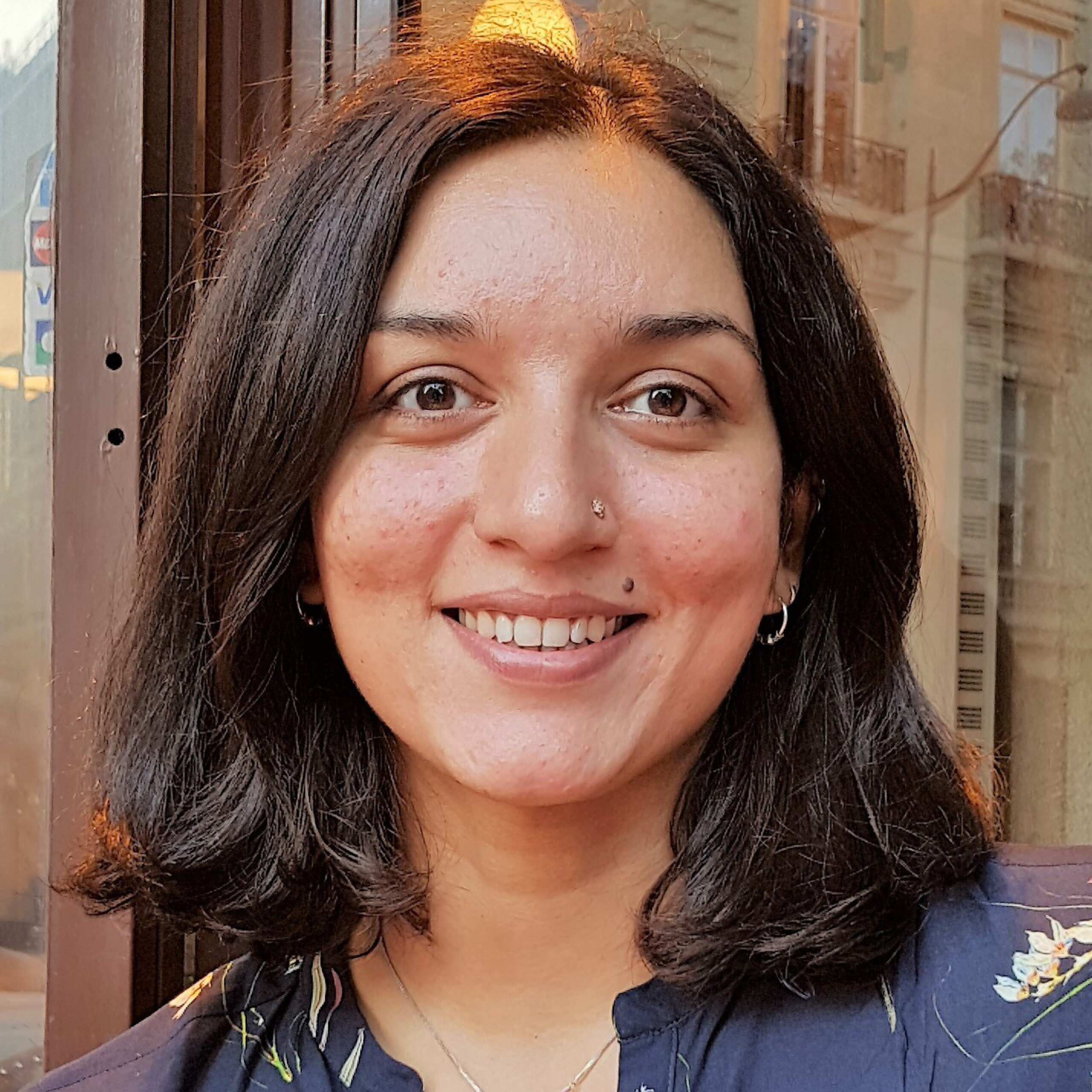
Zoha Waseem is Assistant Professor in Criminology at the Department of Sociology, University of Warwick, researching policing, urban violence and state repression.
